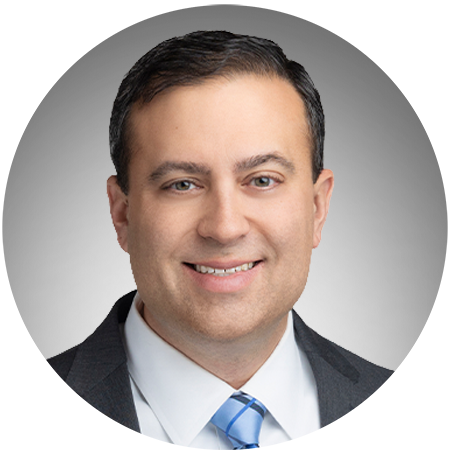What avenues does an insurance carrier have when paying no-fault benefits to a claimant when another carrier is higher in the order of priority? The Michigan Supreme Court’s opinion in Esurance v. MACP, __ Mich __ (2021) provides much needed guidance.
On January 10, 2016, Roshaun Edwards was driving a Dodge Challenger when he crashed into a telephone pole, seriously injuring himself. Edwards neither had his own no-fault policy nor did he reside with a relative who did. Originally, it was believed that the vehicle was owned by Luana Edwards-White and garaged in Colorado, with a policy of Colorado auto insurance from Esurance Property & Casualty Insurance Company. As it was later learned, the vehicle was garaged in Michigan and her son, Anthony White, was the owner and registrant. Anthony did not have no-fault insurance of his own.
Under the former priority rules of then-MCL 500.3114, Edwards sought PIP benefits from Esurance under the belief that they were the “insurer of the owner or registrant” of the Challenger, and highest in priority to pay benefits. Edwards also hedged his bets and applied for PIP benefits through Michigan’s Assigned Claims Plan in the event there was no PIP insurance applicable to the injury.
Esurance paid nearly $600,000 for Edwards’ PIP benefits before it discovered that Anthony, and not Luana, was the owner/registrant of the Challenger. Upon filing a declaratory action, the trial court ruled that the Esurance policy was void ab initio. This meant that Esurance had never been liable to pay Edwards’ PIP benefits; rather, the MACP had always been liable.
Esurance filed a lawsuit asserting an “equitable subrogation” claim against the MACP to try to recoup its $600,000. Equitable subrogation – which allows a party to seek reimbursement when it has paid a debt for which another party bears primary responsibility. The payor “stands in the shoes” of the payee and is entitled to bring whatever claim the payee would have had against the person/entity that bears primary liability. The trial court ruled that, regardless of whether the policy had been rescinded, Esurance could ot an equitable subrogation claim against the MACP. The Court of Appeals affirmed
The Michigan Supreme Court reversed and held that Esurance is not precluded from maintaining an equitable subrogation claim.
The Court reasoned that, even if Esurance’s payments were viewed as if its policy had not been rescinded, Esurance was never responsible for PIP benefits because its insured, Luana, was not owner of the vehicle involved in the accident and not in the priority to pay benefits. Accordingly, the MACP always was first in priority to pay Edwards’ PIP benefits, and therefore Esurance can “stand in [Edwards’] shoes” and seek them on Edwards’ behalf. However, had Edwards not timely applied for PIP benefits through the MACP, the 1 year statute of limitations would have precluded any claim of Edwards and, consequently, Esurance’s claim for equitable subrogation.
Alternatively, the Court reasoned that, viewing Esurance’s payments in light of the rescission, Luana’s material misrepresentations induced Esurance to believe that it was “first in priority” to pay benefits. Therefore, Esurance mistakenly believed that the no-fault act obligated it to timely pay on the claim or risk the sanctions of the no-fault act.
Therefore, when an insurance carrier pays no-fault benefits when it is not in the highest order of priority to pay PIP benefits, or is induced to believe it is highest in the order of priority, the carrier may pursue to the correct carrier through a theory of equitable subrogation. However, that claim is only viable to the extent the claim can be pursued by the underlying claimant. So, if the claim is time barred, or there is another applicable exclusion, the claim for equitable subrogation will fail

